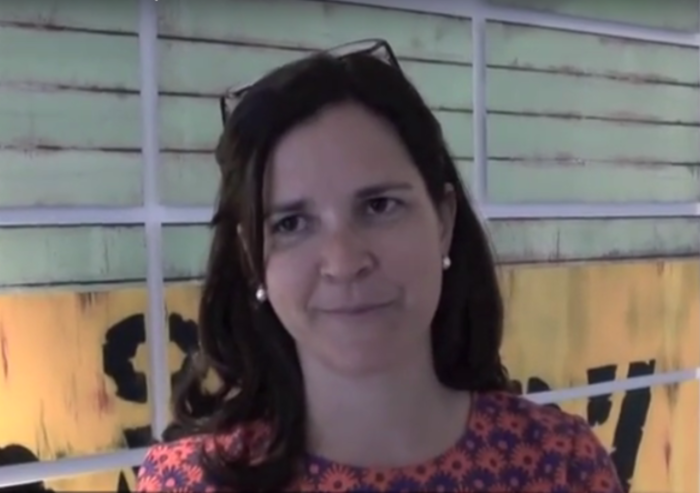Ireland's emergence as a tech hub is creating big opportunities - for recruiters
Harvey Nash plans to add 100 staff to keep up with demand from employers.
SPECIALIST TECH CONSULTANCY Harvey Nash plans to more than double its recruitment operations to keep up with demand from staff-hungry firms.
The UK company’s Irish offshoot will add 100 staff to its operations in the Republic over the next two years and two-fifths of the roles will be to beef up its recruitment and support services.
“We are experiencing increased demand because of how much Ireland has emerged as a significant startup hub,” managing director Sonya Curley told Fora.
“Some of the companies that we’ve worked with at an early stage have enjoyed significant investment and they’re now looking at ramping up their hiring. It’s very positive for Ireland.”
The remaining 60 positions will go towards Harvey Nash Ireland’s consultancy business, which employs more than 300 people already in both permanent and contract roles.
While the London-listed company is a relatively small player in Ireland compared to recruitment giants like CPL and the big multinational consultancy firms, it is planning expansion in a number of areas.
Harvey Nash is opening a Galway office to add to its operations in Dublin and Cork, where Curley said it had built a strong life-sciences division working in fields like medical technology and pharmaceuticals.
The company has also targeted the tech end of the finance and banking industry and is looking for smaller specialist firms it can take over as ‘bolt-on’ acquisitions.
It doesn’t break out revenue for its Irish arm, although accounts to the end of January 2015 show Harvey Nash Ireland turned a profit of more than €1 million for the year. Accumulated profits at the firm stood at over €4.5 million.
 Harvey Nash Ireland managing director Sonya Curley
Harvey Nash Ireland managing director Sonya Curley
Growing pains
Curley said it could be a problem attracting skilled, young staff to work for large companies in the financial sector with many tech workers preferring to opt for an exciting startup environment.
“It can be more difficult getting people to work for larger, more traditional multinationals who haven’t caught up with the reality of needing to be perceived as a ‘cool tech space’,” she said.
“There’s a huge amount more autonomy and the ability to have an impact much more quickly in the smaller, more progressive, fast-moving companies. The traditional companies that are slower to keep up are the ones that are struggling.”
With employers in the science and tech, IT and financial sectors reporting the largest number of vacancies, there is a clear opportunity for both the recruitment and consultancy industries.
Companies hiring in the tech and financial fields are often likely to look outside Ireland to find the staff they need – and are the most likely to seek workers from beyond the EU’s borders.
A recent survey from Harvey Nash revealed 35% of tech professionals in Ireland came from overseas and Curley said the company was “casting (its) net very wide” when hunting for people.
“There isn’t really enough people in the Irish market alone to fill the high demand that’s in place at the moment,” she said.






